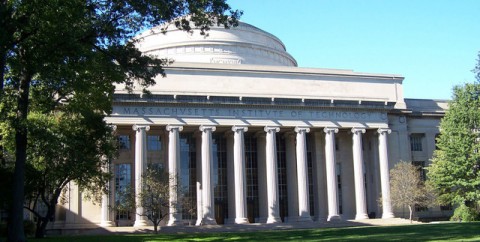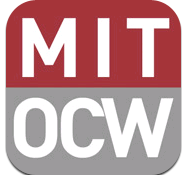It all started early last fall. Sebastian Thrun went a little rogue (oh the audacity!) and started offering free online courses under Stanford’s banner to mass audiences, with each course promising a “statement of accomplishment” at the end. Hundreds of thousands of students signed up, and universities everywhere took notice.
Since then we have witnessed universities and startups scrambling fairly madly to create their own MOOCs (Massive Open Online Courses), hoping to gain a foothold in a new area that could eventually disrupt education in a major way. In December, MIT announced the creation of MITx, promising free courses and a “certificate of completion” to students worldwide. Sebastian Thrun left Stanford to create Udacity, and another Stanford spinoff, Coursera, gained instant traction when it announced in April that it had raised $16 million in venture capital and signed partnerships with Princeton, Penn and U Michigan.
Now comes the latest news. MIT has teamed up with its Cambridge neighbor, Harvard, to create a new non profit venture, EDX. To date, Harvard has barely dabbled in open education. But it’s now throwing $30 million behind EDX (M.I.T. will do the same), and together they will offer free digital courses worldwide, with students receiving the obligatory certificate of mastery at the end. The EDX platform will be open source, meaning it will be open to other universities. Whether EDX will replace MITx, or sit uncomfortably beside it, we’re not entirely sure (though it looks like it’s the former).
Classes will begin next fall. And when they do, we’ll let you know … and, of course, we’ll add them to our massive collection of 450 Free Online Courses.
For more information, you can watch the EDX press conference here and read an FAQ here.
via The Harvard Crimson and MIT News
Related Content:
Free Online Certificate Courses from Great Universities: A Complete List



